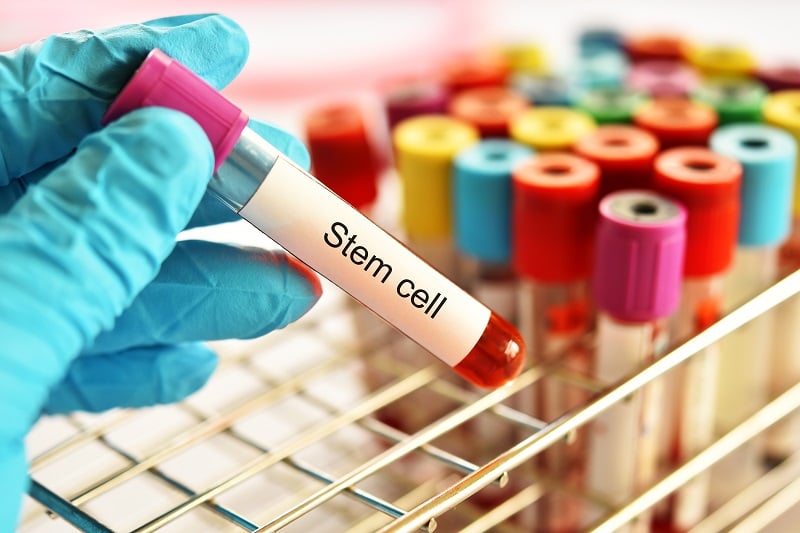[Glasgow, UK] REPROCELL has contributed to a novel publication detailing advancements in induced pluripotent stem cell (iPSC) reprogramming. The paper, published in New Biotechnology by Dr Amer Rana and his team of researchers from the University of Cambridge, was in collaboration with Dr Sarah Eminli-Meissner, Head of Business for Stem Cell Research at REPROCELL. It describes techniques for reprogramming blood-derived cells endothelial progenitor cells, or “EPCs”, into iPSCs.
iPSCs are non-embryonic stem cells which can be used for a wide range of research and clinical applications. Because these cells are derived from adult donors, they avoid the ethical complications associated with using stem cells derived from embryos while sharing many of the same characteristics. Usually, these stem cells are created from skin biopsies; however, it is not always possible for certain patient cohorts to donate such biopsies e.g. very elderly patients, children, or those with impaired wound healing.
Techniques which allow RNA-reprogrammed iPSCs to be derived from blood increase the range of options for generating iPSCs, making it available for a wider range of patient cohort, for both clinical and research applications. RNA-based reprogramming is generally recognized as the most efficient and clinically relevant reprogramming method available; however, until now, the use of RNA in blood-derived cells proved impossible.
Highlighted below are some of the key areas that this paper explores:
- Clinically-compatible advances in EPC isolation and reprogramming
- Reduced blood-sampling volumes from 80 mL to 10 mL allowing wider use of EPCs
- Unlike other blood-derived cells, EPCs can be reprogrammed using RNA, the most efficient reprogramming method available
- EPC-RNA-iPSCs may be clinically translatable, carrying minimal chromosomal changes
Paper:
Clinically compatible advances in blood-derived endothelial progenitor cell isolation and reprogramming for translational applications
Sarah Eminli, Baraa Kwieder, Kevin Yi, Christopher J.Z. Huang, Jung-Il Moon, C-Hong Chang, Fedir. Kiskin, Nicholas W. Morrell, Brad Hamilton, Amer A. Rana
New Biotechnology, 25 July 2021
DOI: 10.1016/j.nbt.2021.02.001
